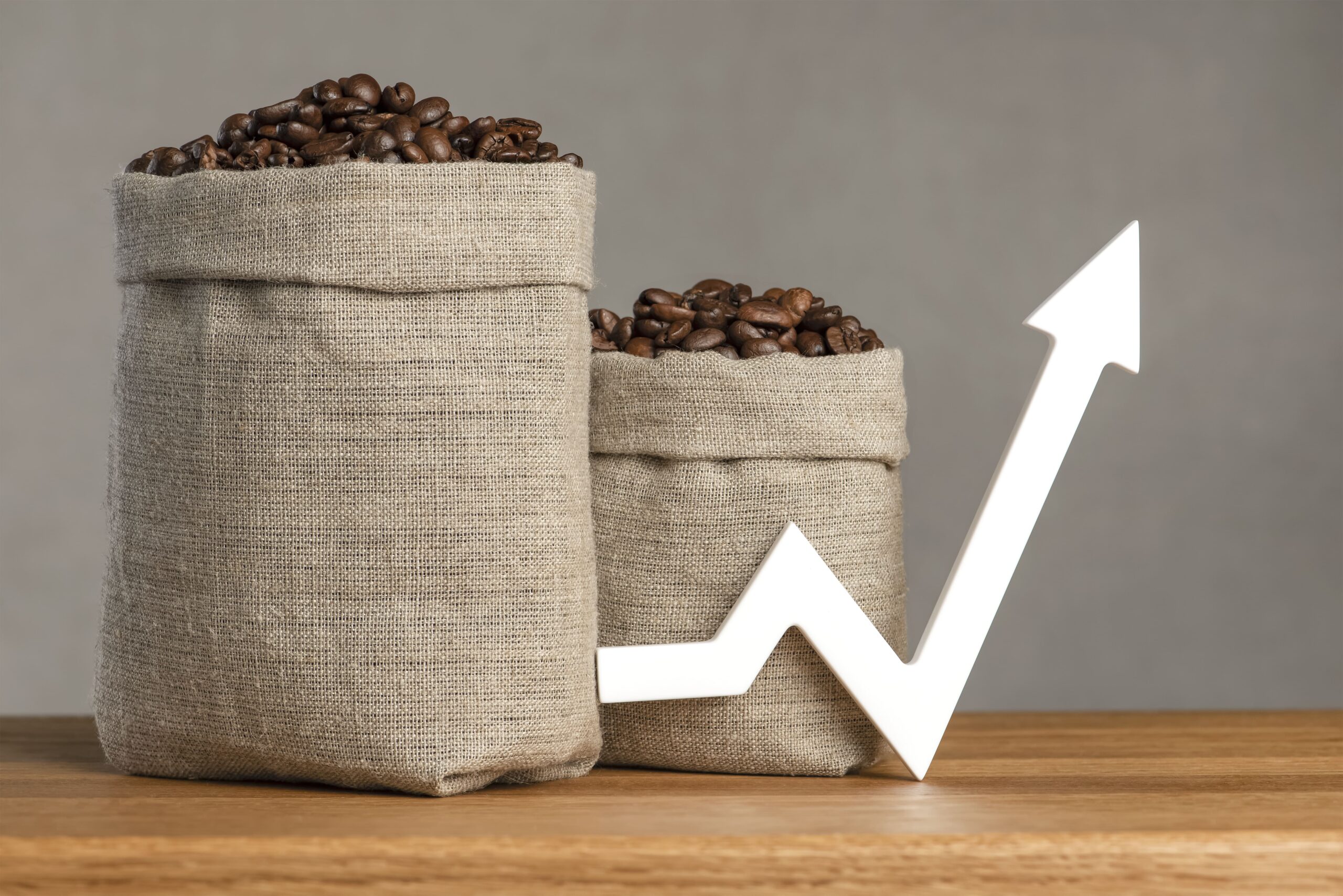
News
Coffee Trends in the Middle East
Early 2024 saw a significant shift in the Middle Eastern hospitality industry, with a surge in the focus on coffee. Changing consumer tastes, and a turn towards Western culture due to an influx of tourists, have caused coffee shops to pop up all over the region. While partially concentrated in areas with a high presence of trade offices and employment centers, the caffeinated bean shows no signs of slowing down.
A Growing Market

As with any market experiencing a period of growth, the demand for more coffee has given way to positive and negative occasions. Competition is a major part of any growing market, and the coffee industry in the Middle East is a perfect example. The coffee market in Saudi Arabia is volatile and competitive due to rapid urbanization in major cities. In addition to specialty coffee shops and small cafes, global chains such as Starbucks, Dunkin’ Donuts, and Tim Hortons are a large portion of the Saudi Arabian coffee market’s DNA.
Competition between small businesses is brought on by an influx of technological innovation in the region, with locations fighting to stay up to date with the implementation of online and mobile ordering interfaces as well as the influence of social media on the market. As consumers adapt to how they buy their coffee, whether through ethically sourced single-origin beans or using uncommon brewing technologies, there is room to take advantage of any number of trends to grow your business and appeal to investors.
Specialty Coffee at the Forefront
Not only is coffee having a moment right now, but specific types of coffee are favored over others. The International Coffee Association revealed that espresso consumption was up 15% in places like Abu Dhabi and Riyadh in 2024. ICO also reported that coffee with a bitter flavor was favored in the region. Consumers have shown they prefer higher-quality coffee and espresso instead of cheaper alternatives with specific beans such as Arabica and Robusta gaining traction,
and Paperchase’s restaurant finance experts are eyeing this as an area of key future growth. An upward trend in café culture combined with the demand for specialty coffee has contributed to the 15% increase in coffee and independent cafes. In Dubai, businesses like Casette, Forever Rose, and The Grey are all examples of boutique establishments serving specialty, high-quality coffees.
Coffee is Integral to Society
In the UAE, coffee has become more than just an at-home beverage, its extension in the cultural zeitgeist of the region has had a palpable effect on the markets. The work-centric, social element of coffee shops in the United States and Western culture has saturated the Middle East. The presence of cafes near office spaces has had a massive impact on the increase of coffee in the market. Caffeine and work are intrinsically entwined, and one may not exist without the other. Cafes as a social concept contribute to these trends as well. In Dubai, “community cafe” concepts are popping up all over the region with an emphasis on coworking spaces with coffee and food at the center. Saya Brasse and Brunch and Cake are both examples of this, combining espresso and community for a social experience. Saudi Arabia has cultural traditions around. I think maybe like something like Paperchase’s restaurant finance experts are eyeing this an area of key future growth. enjoying coffee and its semblance of hospitality. The ability to create spaces for Arabic coffee traditions and specialty coffee shops is an increasingly attractive feature for stakeholders.
Success Stories
Paperchase client Urth Caffe’s Saudi Arabia locations are benefiting from the coffee boom. Starting in Southern California, the Coffee chain has become a global concept. Urth Caffe’s expansion into the Middle East offers a “new and more dynamic expression for café culture in Saudi Arabia,” says founder Shallon Berkman. Berkman was influenced by the culture of both Saudi Arabia and Dubai and their ancient connection to coffee. Berkman claims that “the Kingdom of Saudi Arabia and Dubai were naturally the best next steps for our international growth.” With locations in Riyadh, Jeddah, and Dubai, Urth Caffe had to establish 5 espresso bars per location to accommodate the number of customers they receive daily.
Conclusion
The coffee industry is showing no sign of stopping and the Saudi Arabian and UAE markets present a vibrant and challenging landscape. While competition is fierce, the growing consumer base offers exciting opportunities. By understanding the evolving trends, from ethical sourcing to mobile ordering, businesses like Urth Caffe can carve a niche and thrive in this dynamic market.

